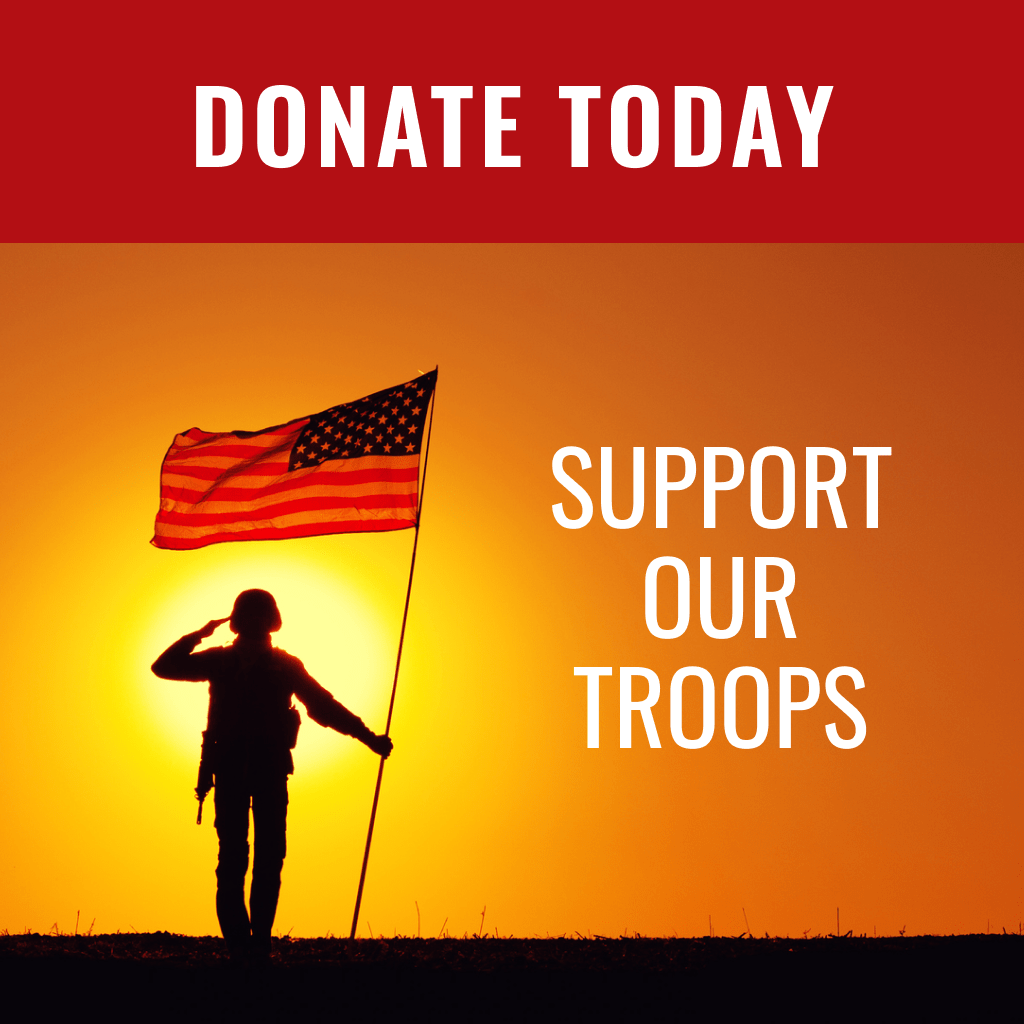
However, with the right support and guidance, service members can successfully navigate the transition to civilian life and find meaningful and fulfilling careers.
Read on, as we discuss some of the challenges veterans may face and some solutions for them.
Finding employment
After serving in the military for years, veterans face a new reality. One of the biggest challenges that veterans face when transitioning to civilian life is finding employment.
Military service members often have unique skill sets and experiences that may not directly translate to civilian jobs. This means, veterans might struggle to find work that matches their skills and interests.
To address this issue, many organizations offer job training and placement services specifically for veterans. These programs provide veterans with the skills and resources needed to find work in their desired field.
For example, Workshops for Warriors provides quality training and accredited STEM educational programs to veterans and transitioning service members so they can be placed in advanced manufacturing careers.
Additionally, the government offers tax credits to employers who hire veterans, providing incentives for organizations to hire individuals from nine target groups, including Veterans.
Adjusting to a new environment
Another challenge for veterans transitioning to civilian life is adjusting to a new social and cultural environment.
Veterans may feel isolated or disconnected from civilian society, leading to feelings of loneliness and depression. In fact, according to the Blue Star Families 2021 Military Family Lifestyle Survey, only 30% of active-duty family respondents feel a sense of belonging to their local civilian community.
To combat this, many organizations provide support groups and counseling services for veterans. By creating a sense of community and finding purpose, veterans can better transition and adjust to civilian life.
Additionally, many veterans find that volunteering in their community helps them feel more connected and engaged with their surroundings.
Dealing with physical and mental issues
Unfortunately, many veterans return from service with injuries or disabilities.
These disabilities can not only impact their daily lives, but also lead to post-traumatic stress disorder (PTSD) or other mental health issues related to their time in service.
To help veterans deal with physical and mental difficulties, many organizations offer programs such as adaptive sports programs and therapy programs.
For example, Patriot PAWS Service Dogs is a fully-accredited member of Assistance Dogs International (AD) dedicated to training dogs for disabled American veterans and others with mobile disabilities.
Helping veterans transition from military to civilian life
Transitioning from military to civilian life can be a challenging process, but there are resources and support available to help veterans make the transition successful.
The good news is that you can also do your part in supporting military families during this transition.
From volunteering your time to showing your support on social media and wearing red on Fridays, there are a number of ways to show your support to our troops and veterans.
Any way you choose to get involved will surely make a difference for countless veterans and their families.
Browse our Red Shirt Friday collection today.

